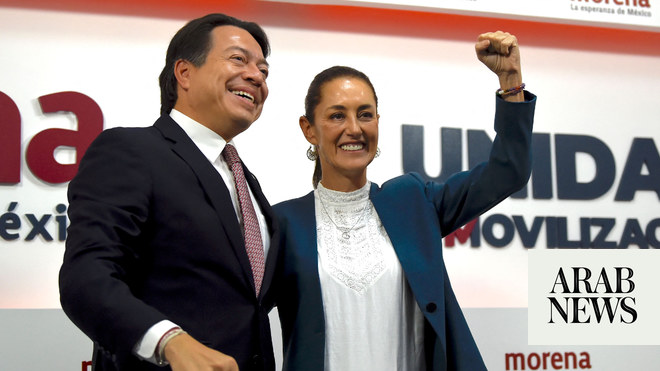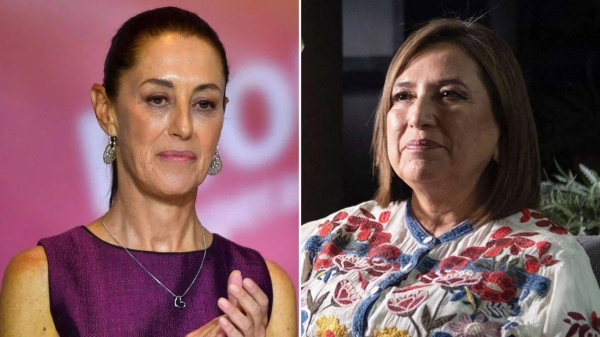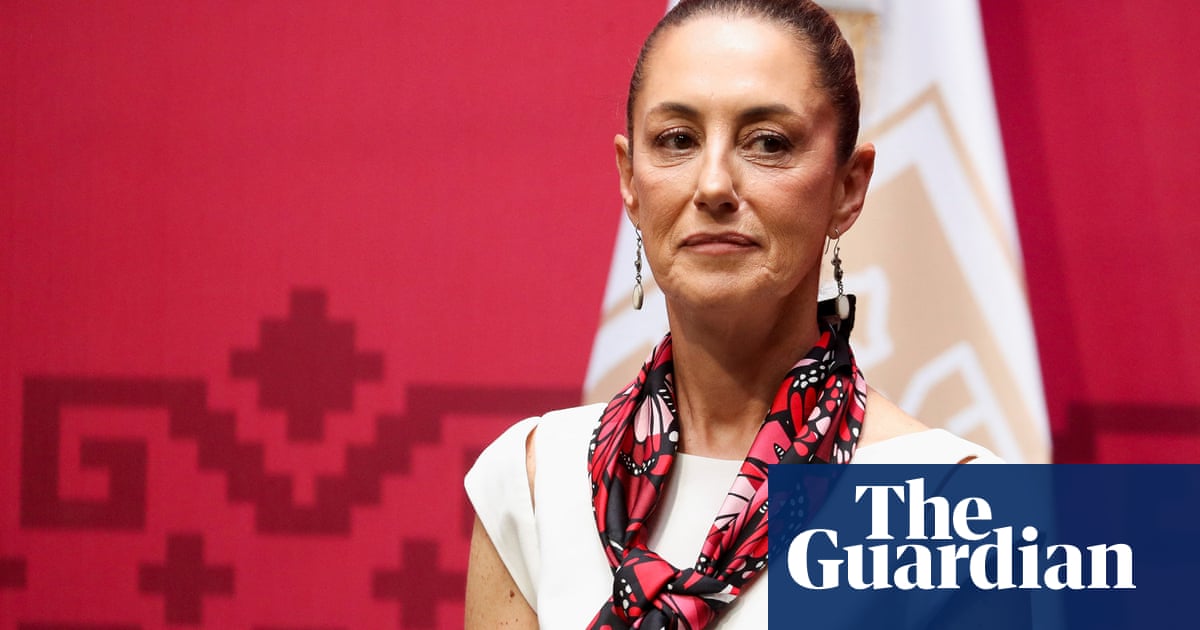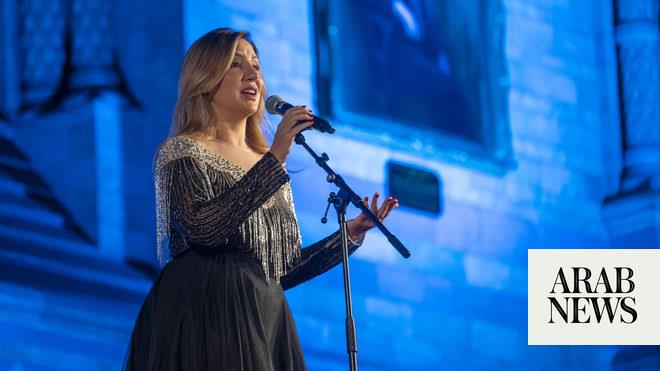
MEXICO CITY: When Mexican presidential contenders Claudia Sheinbaum and Xochitl Galvez entered politics at the start of the millennium, more than four in five senators in the country were men. Today, the majority are women.
The rise of Sheinbaum, who was named on Wednesday as the ruling party’s candidate for next year’s presidential election, and Galvez, the main opposition contender, is the culmination of a rapid process of female inclusion in politics since 2000.
“It’s extraordinary in a patriarchal country,” said Josefina Vazquez Mota, who made history in 2012 as the first female presidential candidate for one of Mexico’s main parties.
“I’m sure this is going to be a watershed,” added Vazquez Mota, a senator who, like Galvez, represents the center-right National Action Party, or PAN, which ruled from 2000-2012.Many women in Mexico, who make up 52 percent of the population, hope the government that takes office in October 2024 will empower them as never before.
“Just imagine having a female president in a country as macho as Mexico!” said Maria del Carmen Garcia, 70, a secretary who said women’s pay needs to catch up with men’s.
Latest polls suggest either former Mexico City Mayor Sheinbaum, the current favorite and candidate of leftist President Andres Manuel Lopez Obrador, or Galvez, a businesswoman-turned senator, are likeliest to win the election.
Still, respected former foreign minister Marcelo Ebrard, who was runner-up to Sheinbaum in the ruling National Regeneration Movement’s presidential primary, denounced the contest as unfair and could soon mount a rival bid.
Almost half of continental Latin America, including Brazil, has already elected female heads of government, but only Honduras and Peru currently have women presidents. Victory for Sheinbaum or Galvez would make them the first woman to win a general election in the United States, Mexico or Canada.
Home to the world’s second biggest Roman Catholic population, Mexico was for years a bastion of traditional values that tended to limit women’s access to a life outside the home.
“We’re only just starting to feel these changes now,” said Angelica Rodriguez, 49, an accountant who said she lost her government job two decades ago because she was pregnant. “Because before, men just looked out for men.”
Women remain seriously under-represented in board rooms, are paid significantly less than male counterparts, and are more likely to work in the informal economy, studies show.
Forced marriages of girls still plague Mexico, and violence against women has been rising.
Four in every 100 girls aged 12-17 were either married or in a voluntary conjugal union, or had been, according to a 2020 census.
Meanwhile femicides, or gender-motivated killings of women, have more than doubled since 2015, when 427 were recorded.












